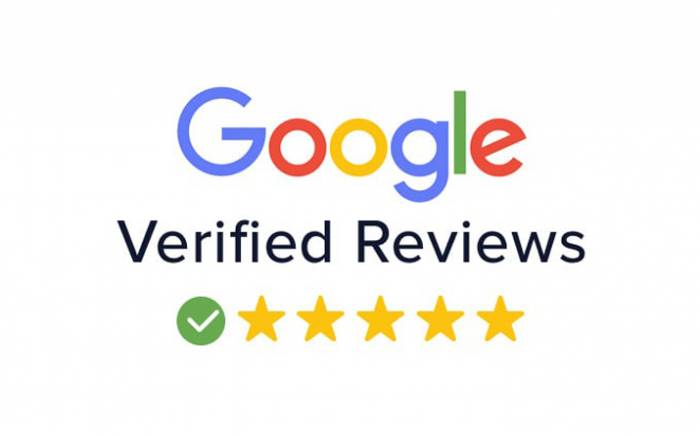

Anyone who gains access to your computer, either by using a Remote Access Trojan or by sitting down in your absence, can steal all your Keepass passwords. However, that same customization power has been revealed as a kind of Achilles’ heel. KeePass is the techie's favorite password manager, in no small part due to its endless possibilities for customization. (Opens in a new window) See all (4 items) Worse, some important data elements such as login domains weren’t encrypted. In a series of revelations starting last August, we learned that hackers compromised a key LastPass employee’s computer to steal an unknown number of encrypted data vaults. Serious contenders use zero-knowledge techniques to protect your encrypted data so that no one-not the password company, not the government, nobody-can know your master password or decrypt your data.Įven so, errors in implementation can risk password security. If you want to switch to a dedicated password manager, for instance, you’ll probably have to actively export passwords from the browser and import them into your new product.īut have browsers made enough progress than we can recommend storing your passwords in them? Specifically, should you use Google Password Manager, which is conveniently built right into Chrome? According to experts, the answer remains a resounding no.Įven Dedicated Password Managers Can Leakįor a company that’s built on password management, trust is everything. Thankfully, browsers have made progress and no longer leave your passwords quite so open to external manipulation. Back then, we could point to password managers that would extract passwords from your browser, delete them from the browser, and turn off further browser-based password capture. Ever since then, we at PCMag have advised getting your passwords out of insecure browser storage and into a proper, well-protected password manager. Password management programs have been around since the '90s, and the major browsers added password management as a built-in feature in the early 2000s.

How to Save Money on Your Cell Phone Bill.

How to Free Up Space on Your iPhone or iPad.How to Block Robotexts and Spam Messages.


 0 kommentar(er)
0 kommentar(er)
